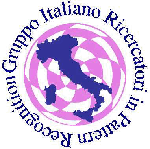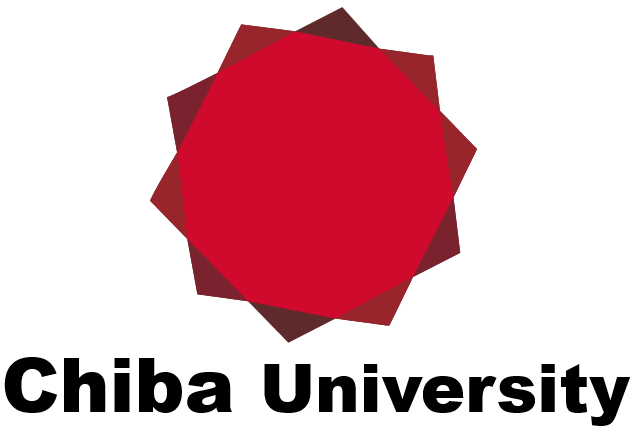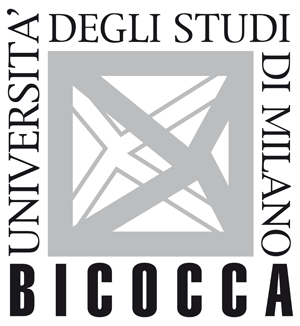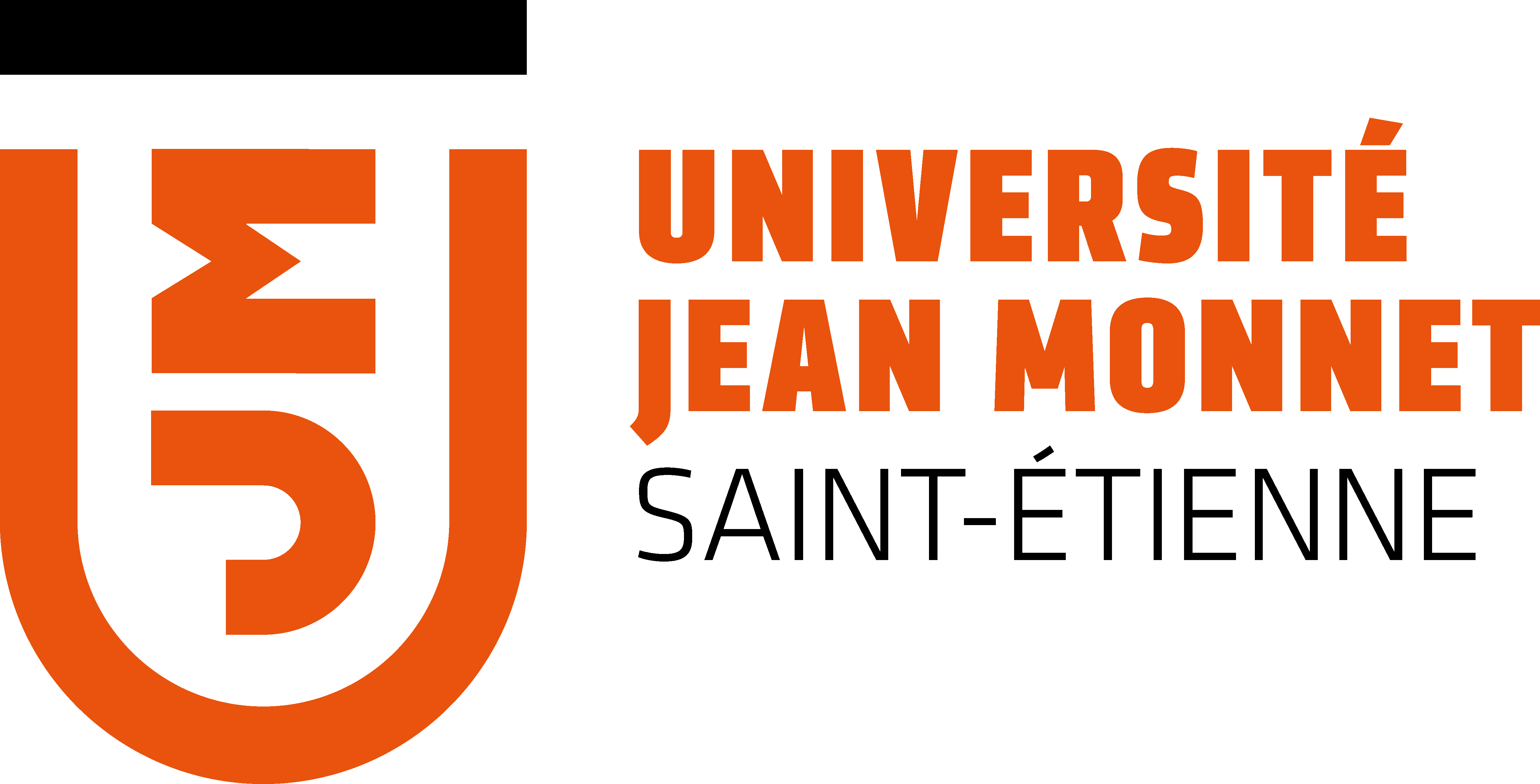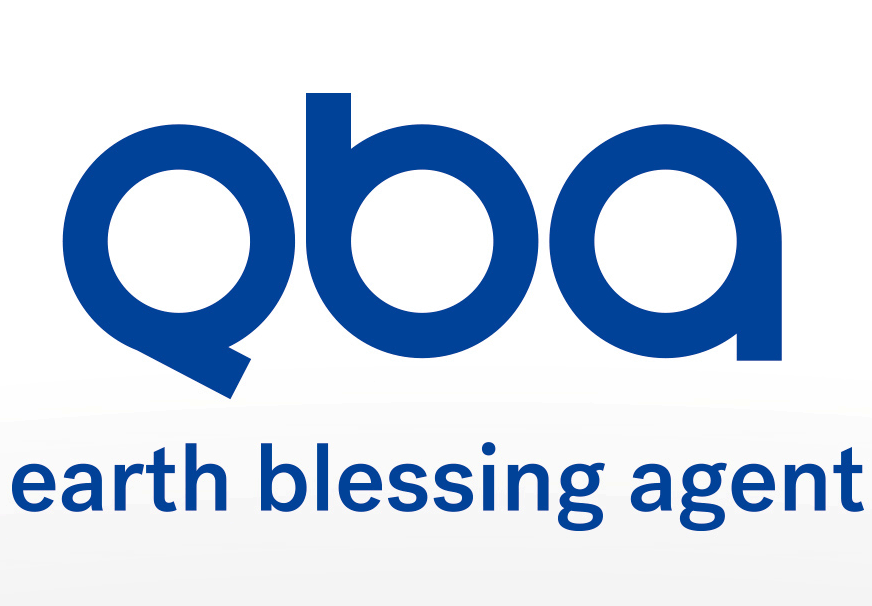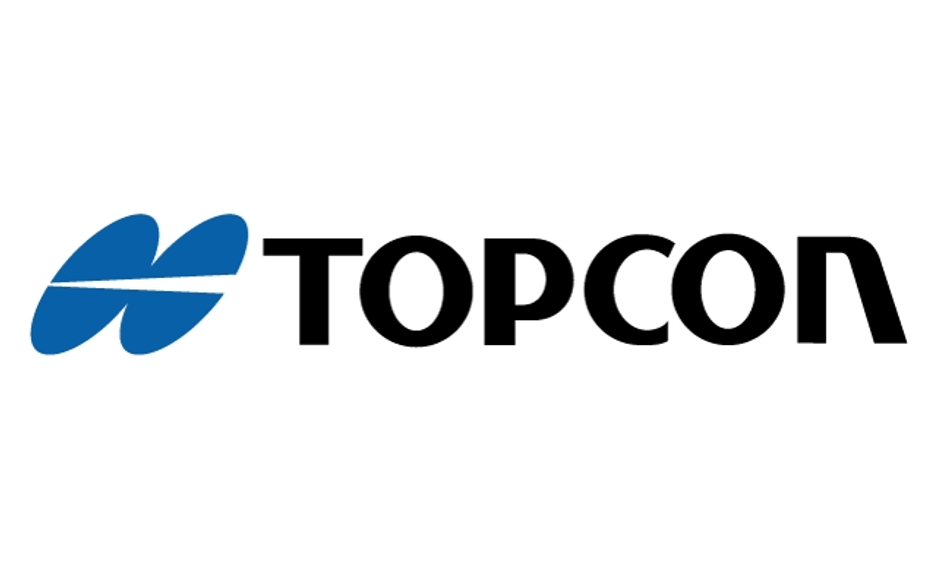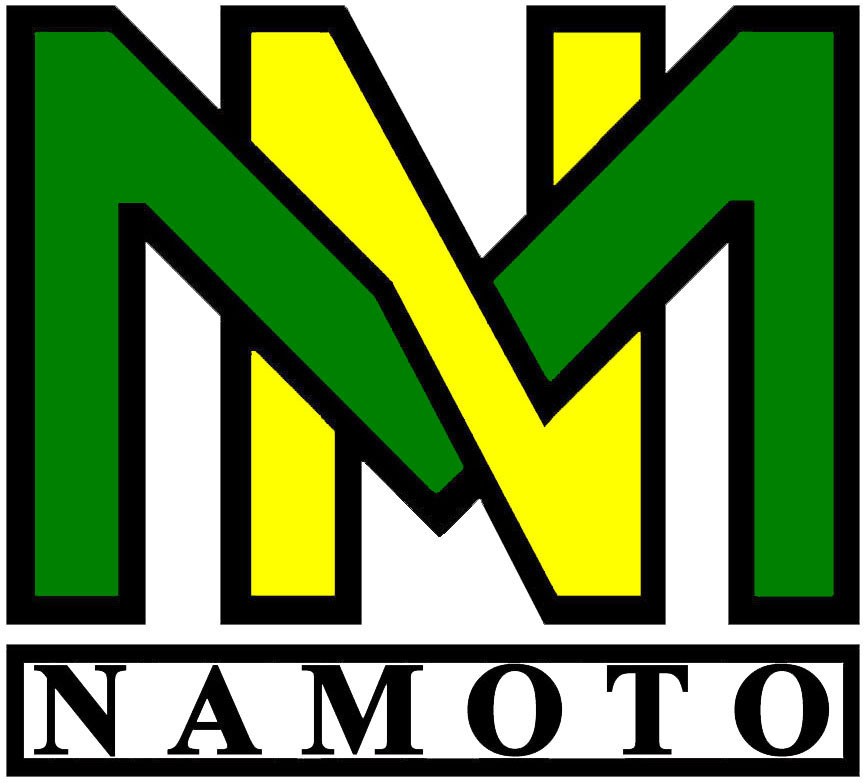Author Instructions
All papers will receive a peer-review. Accepted papers will be included in Springer LNCS. The proceedings will be prepared for the workshop attendees.Paper Length and Author Kit :
Papers should be between 10 to 15 pages (approximately 4000 to 6000 words) and prepared in accordance with the Springer LNCS Proceedings format. Detailed instructions for authors are available on the following LNCS website.
Information for LNCS Authors : [link]
Using LaTeX2e :
Please download and check "Guidelines for proceedings authors (pdf)," and "LaTeX2e Proceedings Templates (zip)" on the website.
Using Microsoft Word :
Please download and check "Guidelines for proceedings authors (pdf)," and "Microsoft Word Proceedings Templates (zip)" / "Microsoft Word 2003 Proceedings Templates (zip, 229kb)" on the website.
Review Process and Anonymity of Authors :
CCIW2019 employs a single-blind review process. Authors will not know the identity of the reviewers, and reviewers will know the identity of the authors. Thus please prepare your paper in accordance with the Springer LNCS Proceedings format, without regard to anonymity in your paper.
Author Registration :
Each accepted paper must have at least one author registered before December 28, 2018, camera-ready paper deadline.
Young Author Best Paper Award :
We are very pleased to announce the Young Author Best Paper Award, which is sponsored by CVPL (the Italian Association for Computer Vision pattern Recognition and Machine Learning). Please check HERE page for the detail.
Topics
Planning this workshop, the organizers would like to focus on the methods and applications of digital color image processing and analysis. The workshop is intended for researchers and practitioners in the digital imaging, multimedia, visual communications, computer vision, and consumer electronic industry, who are interested in the fundamentals of color image processing and its emerging applications. Papers of current interest are invited to any of the areas listed bellow:- Computational color vision models
- Perceptual color image processing
- Bio-inspired color image/video processing
- Color image capturing
- Color data compression and encoding
- Color image/video indexing and retrieval
- Semantic analysis of color images
- Color image filtering and enhancement
- Color invariance and color constancy
- Color texture analysis/synthesis
- Digital color image content protection
- Color image evaluation and assessment
- Color image/video reproduction and rendering
- Color image/video saliency
- Multispectral imaging, analysis, and rendering
- Color naming and applications
- Color imaging for material appearance
- Color science and technology for art
- Facial color image analysis/synthesis
- Color image applications and future trends



